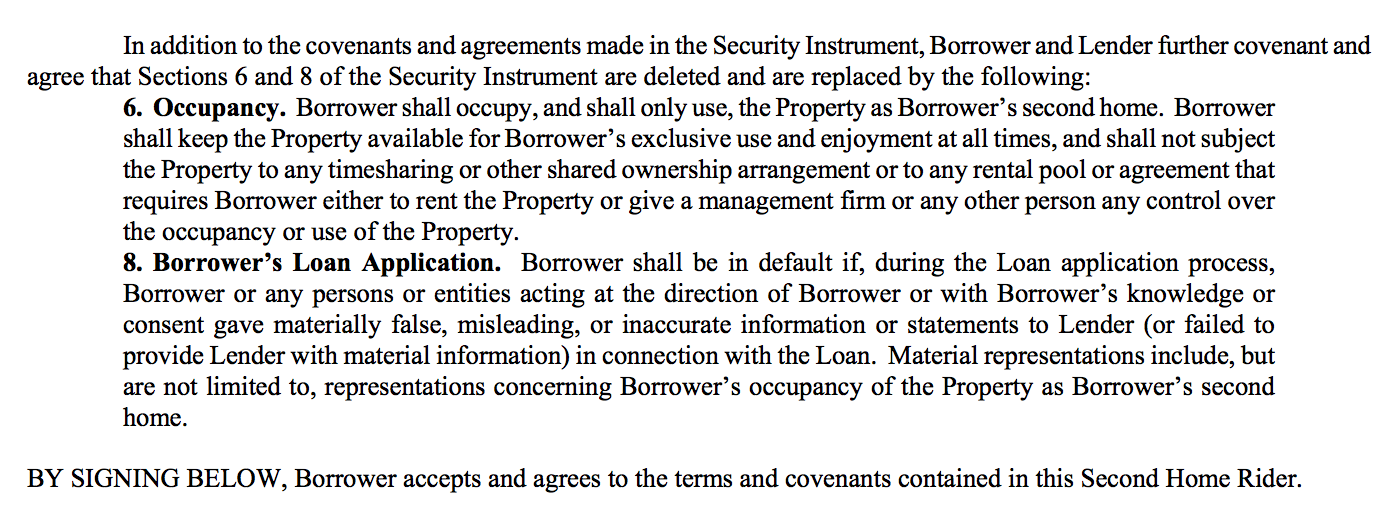Home equity is a valued resource, and if you have it, you might be tempted to tap that wealth for other purposes. A home equity loan, which allows you to use your home’s equity as collateral, is a great way to do this. But depending on your personal situation, it may not be the right thing to do.
Here's when a home equity loan makes sense - and when it doesn’t.
DON’T: Fund a lifestyle
Remember when homeowners yanked cash out of their homes to fund affluent lifestyles they couldn't really afford? These reckless borrowers, with their boats, fancy cars, lavish vacations and other luxury items, paid the price when the housing bubble burst. Property values plunged, and they lost their homes.
Lesson learned: Don't squander your equity! Look at a home equity loan as an investment - not as extra cash when making spending decisions.
DO: Make home improvements
The safest use of home equity funds is for home improvements that will add to the home's value. If you have a one-time project (e.g., a new roof), then a home equity loan might make sense.
If you need money over time to fund ongoing home improvement projects, then a home equity line of credit (HELOC) would make more sense. HELOCs let you pay as you go and usually have a variable rate that’s tied to the prime rate, plus or minus some percentage.
DON’T: Pay for basic expenses or bills
This is a no-brainer, but it's always worth reiterating: Basic expenses like groceries, clothing, utilities and phone bills should be a part of your household budget.
If your budget doesn’t cover these and you’re thinking of borrowing money to afford them, it’s time to rework your budget and cut some of the excess.
DO: Consolidate debt
Consolidating multiple balances, including your high-interest credit card debts, will make perfect sense when you run the numbers. Who doesn't want to save potentially thousands of dollars in interest?
Debt consolidation will simplify your life, too, but beware: It only works if you have discipline. If you don't, you'll likely run all your balances back up again and end up in even worse shape.
DON’T: Finance college
If you have college-age children, this may seem like a great use of home equity. However, the potential consequences down the road could be significant. And risky.
Remember, tapping into your home equity may mean it takes longer to pay off the loan. It also may delay your retirement or put you even deeper in debt. And as you get older, it will likely be more difficult to earn the money to pay back the loan, so don't jeopardize your financial security.
Related:
- Rehabbing a Home? Be Ready for These 5 Costs
- 5 Mortgage Misconceptions Set Straight
- The Counteroffer: Negotiating a Real Estate Deal
Note: The views and opinions expressed in this article are those of the author and do not necessarily reflect the opinion or position of Zillow.
Originally published February 23, 2016.
via Zillow Porchlight https://ift.tt/2IE77s6
 However, there's an addendum - called a rider - in mortgages and deeds of trust that replaces this friendly requirement with a new, much more strict requirement saying that you can't rent out the home. Here's
However, there's an addendum - called a rider - in mortgages and deeds of trust that replaces this friendly requirement with a new, much more strict requirement saying that you can't rent out the home. Here's 